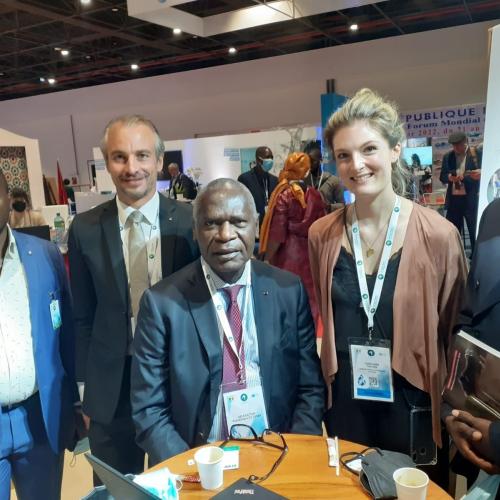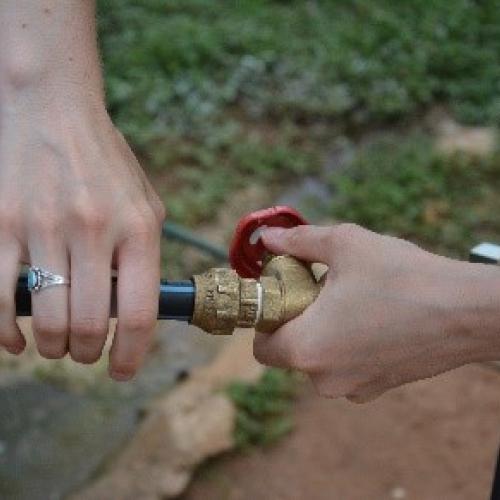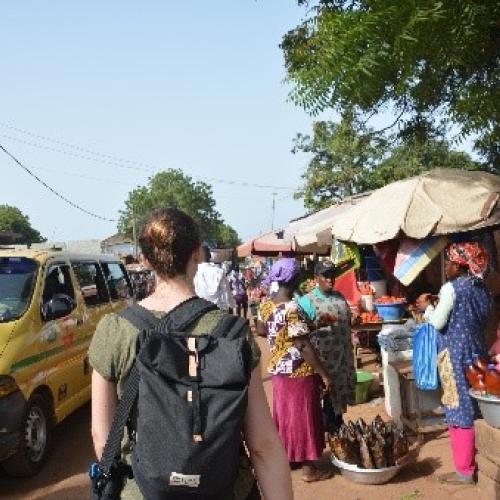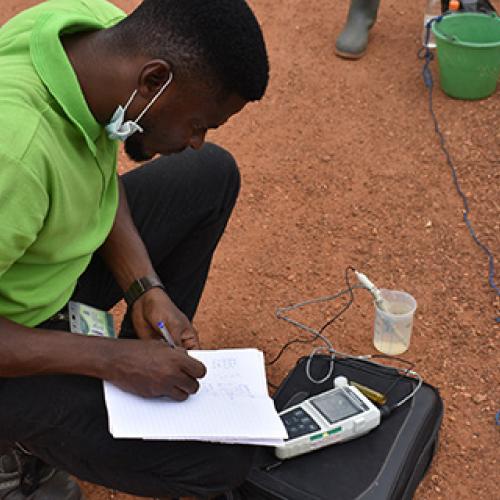RAIN –Dissemination workshop in Accra
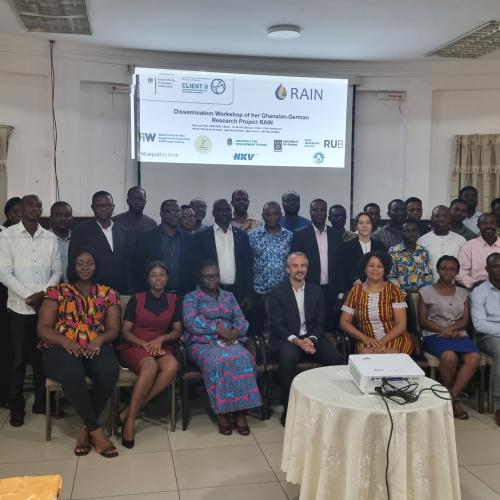
Coordinator: Forschungsinstitut für Wasserwirtschaft und Klimazukunft an der RWTH Aachen e. V.
Contact Person: Manuel Krauß and Rona Michaelis
Address: Kackertstraße 15-17, 52056 Aachen
Email: krauss(at)fiw.rwth-aachen.de, michaelis(at)fiw.rwth-aachen.de
Project partners in Germany:
Project partners in Ghana
Ghana, like the entire African continent, is affected by climate change. Temperatures in Ghana will continue to rise in the future, rainfall in the rainy season and drought in the dry season will increase, causing socio-economic damage. The RAIN joint research project aims to develop strategies and appropriate water treatment processes to reduce vulnerability and increase the resilience of settlements to the effects of climate change, thus enabling sustainable water use.
Challenges
Ghana in general, but especially the northern savannah belt, is exposed to floods, droughts and bush fires. The accumulated rainwater seeps away unused. The urban regions, including the capital Accra in the southern part of the country, are increasingly suffering from heavy rainfall events.
The guidelines and documents for adapting to climate change published by the government of Ghana in recent years call for action to address the challenges
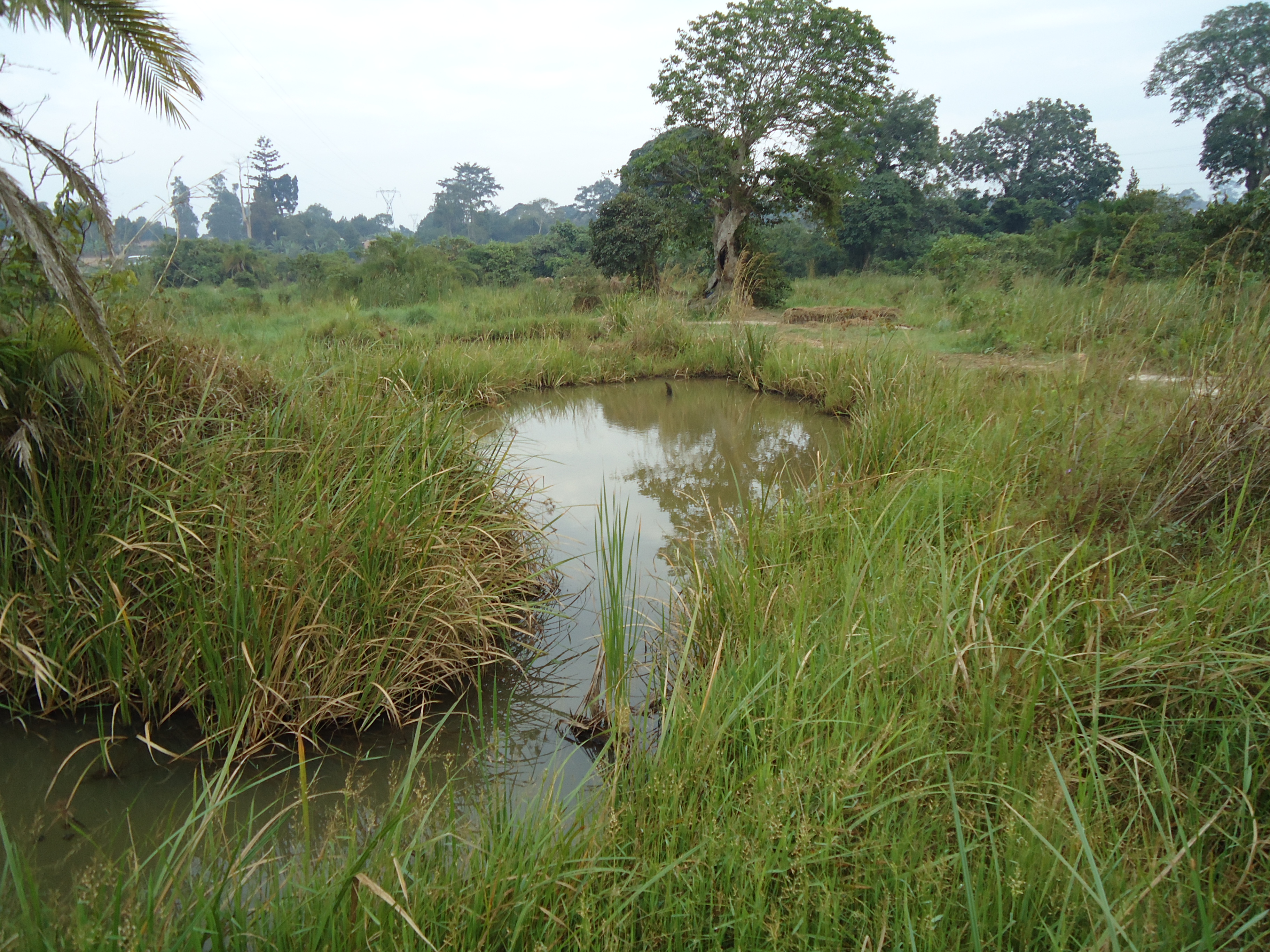
Solutions
In the RAIN joint project , the research association aims to combine an early flood warning system with intelligent water management and supply concepts and identify potentials for sustainable water use through training and further education measures among population groups and decision-makers. The RAIN joint project is intended to strengthen the Ghanaian climate projects and to contribute to the implementation of the climate adaptation targets defined by the Federal Government.
An urban and a rural pilot region (Accra - urban, Kumasi - rural) is being considered, which will make it possible to transfer the approaches and findings of the project to the WASCAL / SASSCAL regions.
Valid data will be generated in a local data collection system and, based on this, a predictive model for local meteorological impacts of climate change will be developed, which will be tested as an early warning system for natural disasters.
The consortium aims to calculate meaningful forecasting scenarios for flood and drought adaptation measures. A concept with the promising modelled measures which promotes the conservation of water and reuse of treated water will be created for the introduction of sustainable flood protection and water management. This includes a multi-stage treatment chain from the treatment of rainwater and water from retention areas to distribution which saves water.
Pilot approaches will be used to demonstrate the technical potential of the treatment chain using adapted technologies with water collection, storage, removal of turbidity and pollutants (heavy metal adsorption), disinfection (Biolight irradiation) and water-conserving drip irrigation in the pilot regions with the participation of the local population. The partner consortium will include local decision-makers in finding the technical solution best adapted to local conditions.
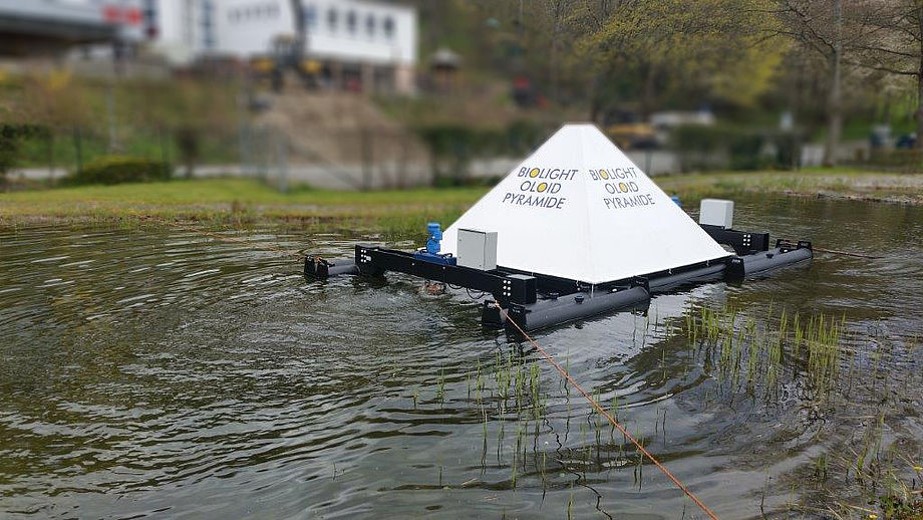
Knowledge transfer
The research network will, for example, train planning, administration and plant operation experts and concerned water user groups in adaptation to climate change and sustainable water use. The generated knowledge will be prepared into educational modules and integrated into the educational plans of the Pan African University (PAUWES) and WASCAL with the aim of expanding knowledge transfer and the exchange of experience between the research institutions and the population nationwide.

